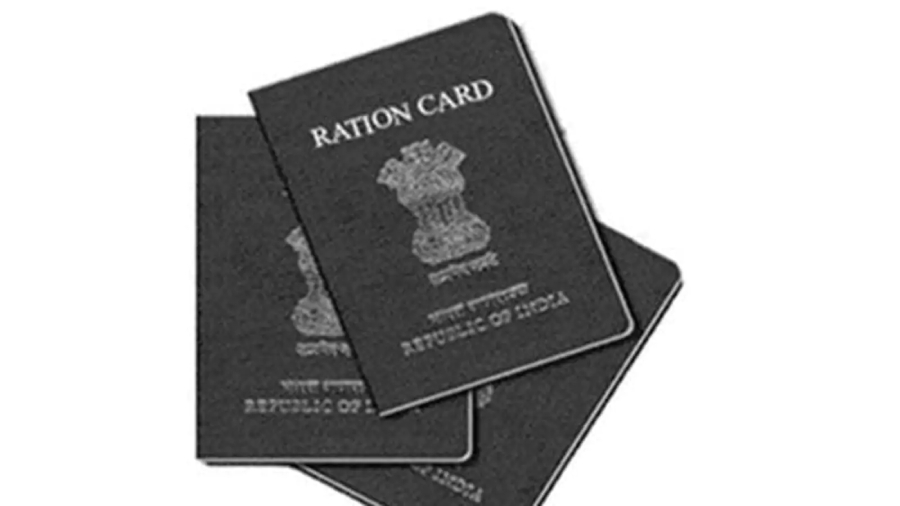Tenzin Lahwang, a Tibetan refugee who had come to Odisha with his parents in 1961 as a part of resettlement in the Indian land, is happy as he has finally got a state government ration card.
The ration card distribution process among Tibetan refugees, who have made Odisha their home, started on February 21, coinciding with the beginning of the new year celebration (Losar) of the Tibetans. Along with the ration cards, they also availed 5kg of rice free of cost per head.
“It’s our complete assimilation with Odisha. Earlier during our resettlement process in the 1960s, we had got land from the Odisha government. But now the ration cards will help those of us struggling to make ends meet,” 60-year-old Tenzin told The Telegraph.
Nearly 2,500 Tibetan refugees came to Odisha in 1960 following the Chinese invasion of Tibet in 1959 and were settled at Chandragiri under the Mohana block in the tribal-dominated Gajapati district, around 220km from here. All of them were given one acre of land for agricultural activities. Now they engage in maize cultivation for their sustenance. This area is known as the Maize bowl of the country.
Tenzin said: “The evacuation process from Tibet started in 1960 following Chinese aggression. My parents and relatives left in 1961. I was born on the way to India near New Delhi. So India is my motherland. Later in 1963, we moved to Chandragiri with my parents as a part of the resettlement process. I have a faint memory of that.”
“My father passed away and now I have my mother, three daughters, and a son. My eldest daughter, who has got married, is a central school teacher in Mussoorie. The other two daughters are staying in France pursuing their nursing and air hostess courses. The son is a chef in France,” he added.
Tenzin said: “At present out of the 3,000 people staying at five camps in Chandragiri, most have left for different parts of the country in search of their livelihood. All of them have completely identified with the local culture. Most of them are doing maize cultivation and are involved in knitting. They earn anything between Rs 8,000 and Rs 10,000 per month. At this juncture, getting ration cards is a blessing”.
Local sarpanch of Chandragiri in Gajapati district, Rajanikanta Pradhan, told The Telegraph: “The refugees deserve ration cards. They are struggling hard for their sustenance. Now with the ration card, they will avail 5kg of rice free of cost per head per month.”










